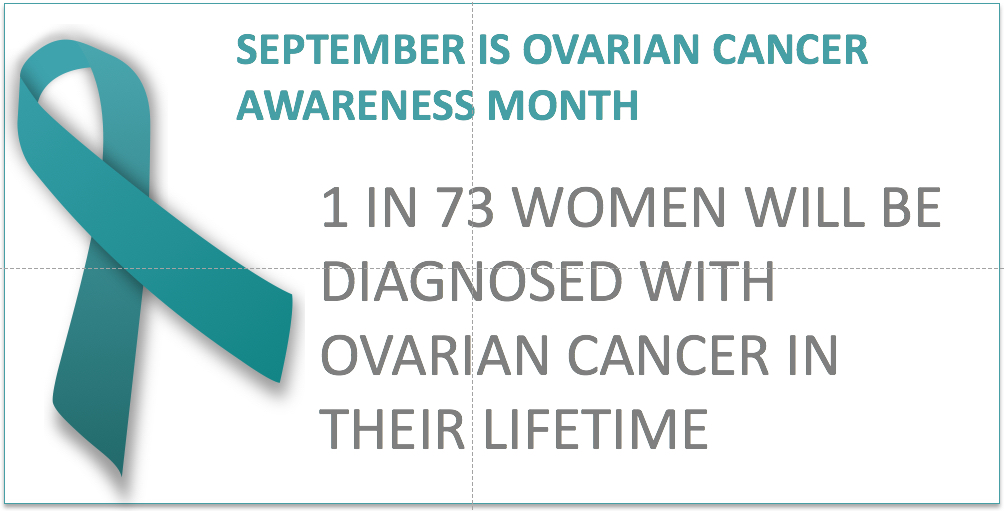 Photo: Getty Images
Photo: Getty Images
Everybody dreads a cancer diagnosis, but an ovarian cancer diagnosis can be particularly devastating because it’s often found too late with little hope for recovery. This isn’t to say all ovarian cancer is deadly, but due to limited testing abilities, the cancer has often progressed significantly before a woman knows she has it. Of the approximately 200,000 diagnoses every year worldwide, approximately 130,000 women will die from this kind of cancer.
Cancer researchers have long believed that ovarian cancer starts elsewhere.
A new study (featured in the Proceedings of the National Academy of Sciences) done at the
Dana-Farber Cancer Institute in Boston, shows that ovarian cancer starts in the fallopian tubes and not the ovaries themselves. By looking closely at the fallopian tubes of women with ovarian cancer, researchers found evidence of cancerous or precancerous cells in the tubes that connected with the tumors found in the ovaries. Further studies show the cancer cells in the fallopian tubes shifted from the tubes and planted themselves in the ovaries. Scientists do not know why this happens, but believe this newfound knowledge can help with future treatments, as well as possibly finding better diagnostic tools for ovarian cancer. Unlike mammograms, ultrasounds and Pap tests used for various other female cancers, there is no standard test for ovarian cancer, thus increasing its likelihood to be terminal.
For more on this study, check out the Proceedings of the National Academy of Sciences website here: http://www.pnas.org/
And for more on Ovarian Cancer, click here for our Ovarian Cancer page: https://www.empowher.com/condition/ovarian-cancer
Tell Us
Tell us your story – has ovarian cancer affected your life?
We value and respect our HERWriters' experiences, but everyone is different. Many of our writers are speaking from personal experience, and what's worked for them may not work for you. Their articles are not a substitute for medical advice, although we hope you can gain knowledge from their insight.
 Photo: Getty Images
Photo: Getty Images




Add a CommentComments
There are no comments yet. Be the first one and get the conversation started!